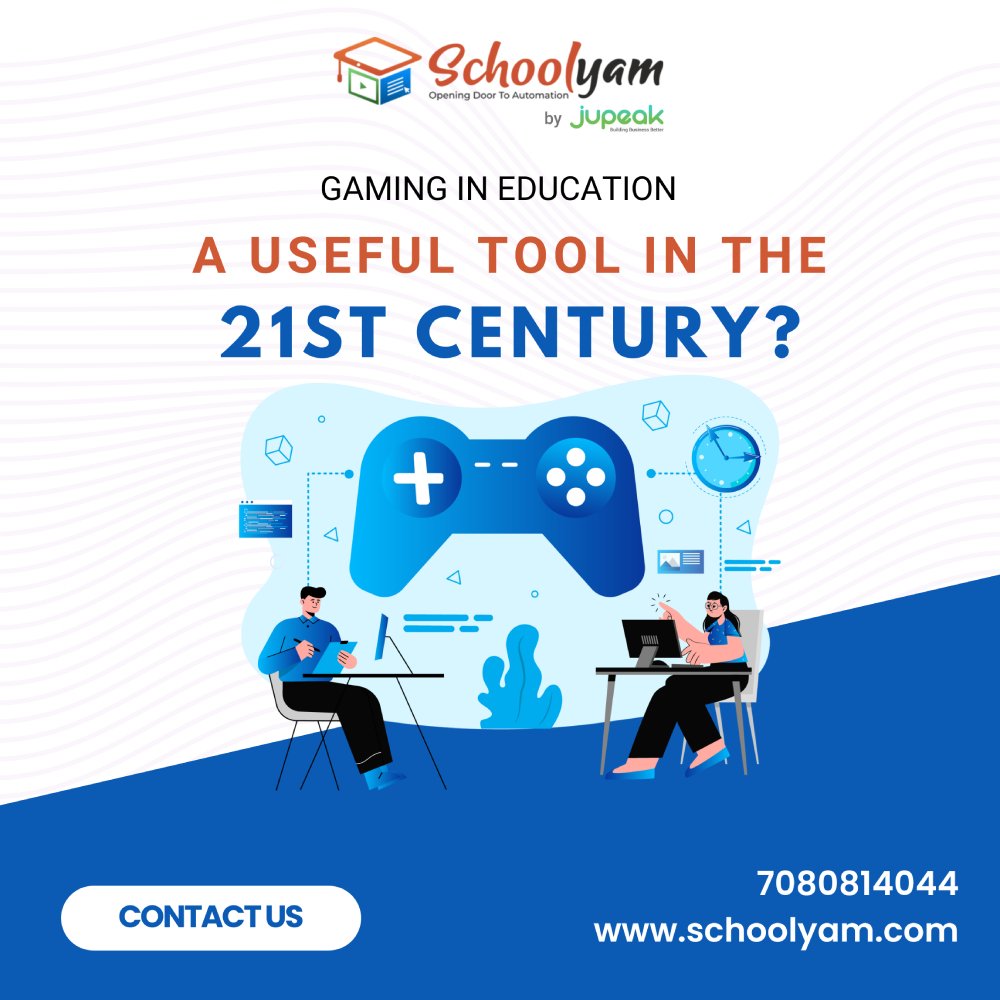
Introduction:
In the realm of teaching and learning, the integration of play and games has long been recognized as a valuable educational tool. However, with the advent of online education and gamified tools, the landscape of education is undergoing a remarkable transformation, particularly in India. In this article, we’ll explore the burgeoning trend of Gaming In Education and its profound impact on student engagement and learning outcomes.

Exploring Gaming in Education:
Gaming in education entails the strategic integration of game elements and tools within the curriculum or instructional delivery to enhance the teaching and learning process. This approach not only fosters a deeper understanding of content but also injects an element of fun into the learning experience, significantly boosting student motivation.
Unveiling the Impact of Learning Games:
Data-backed evidence underscores the growing popularity and efficacy of learning games in education. In India, educational applications witnessed a staggering 950 million hours of usage in 2022, with language learning emerging as a prominent category. Furthermore, the global serious games market is projected to reach $24 billion by 2024, reflecting a remarkable growth trajectory.
The Role of Gaming in Education:
Engagement stands as a cornerstone of student success across all age groups. By leveraging gamified learning, educators can effectively enhance student motivation, attention, and focus, thereby creating an optimal environment for learning. Benjamin Bloom’s Digital Taxonomy underscores the manifold benefits of game-based learning, including improved course satisfaction, enhanced engagement, and positive learning outcomes.
Unlocking the Benefits of Gaming in Education:
Educational games offer a plethora of advantages, ranging from improved performance to intrinsic motivation. Notably, challenge-based gamification has been shown to boost student performance by nearly 89.45%. Moreover, gaming fosters social and emotional development, enabling students to forge meaningful connections and gain a deeper understanding of themselves and the world around them.
Maximizing Game-Based Learning:
In today’s digital age, educational games represent a powerful tool for enhancing learning outcomes. With the advent of accredited online schools and initiatives promoting digital education, Indian students now have unprecedented access to immersive learning experiences. By embracing game-like features such as puzzles, quizzes, and rewards, students can embark on a journey of discovery and exploration within a dynamic digital environment.
Embracing the Future of Education:
As the educational landscape continues to evolve, gaming in education emerges as a catalyst for innovation and engagement. By harnessing the transformative power of game-based learning, educators can redefine traditional teaching paradigms and empower students to thrive in an ever-changing world.
Conclusion:
In conclusion, Gaming In Education heralds a new era of learning—one characterized by creativity, interactivity, and exploration. By embracing this innovative approach, educators and students alike can unlock the boundless potential of education in the 21st century.
Thank you for joining us on this journey of discovery and transformation. Together, let’s embark on a quest to revolutionize education and inspire generations to come.




One thought on “Gaming In Education: A Useful Tool In The 21st Century?”